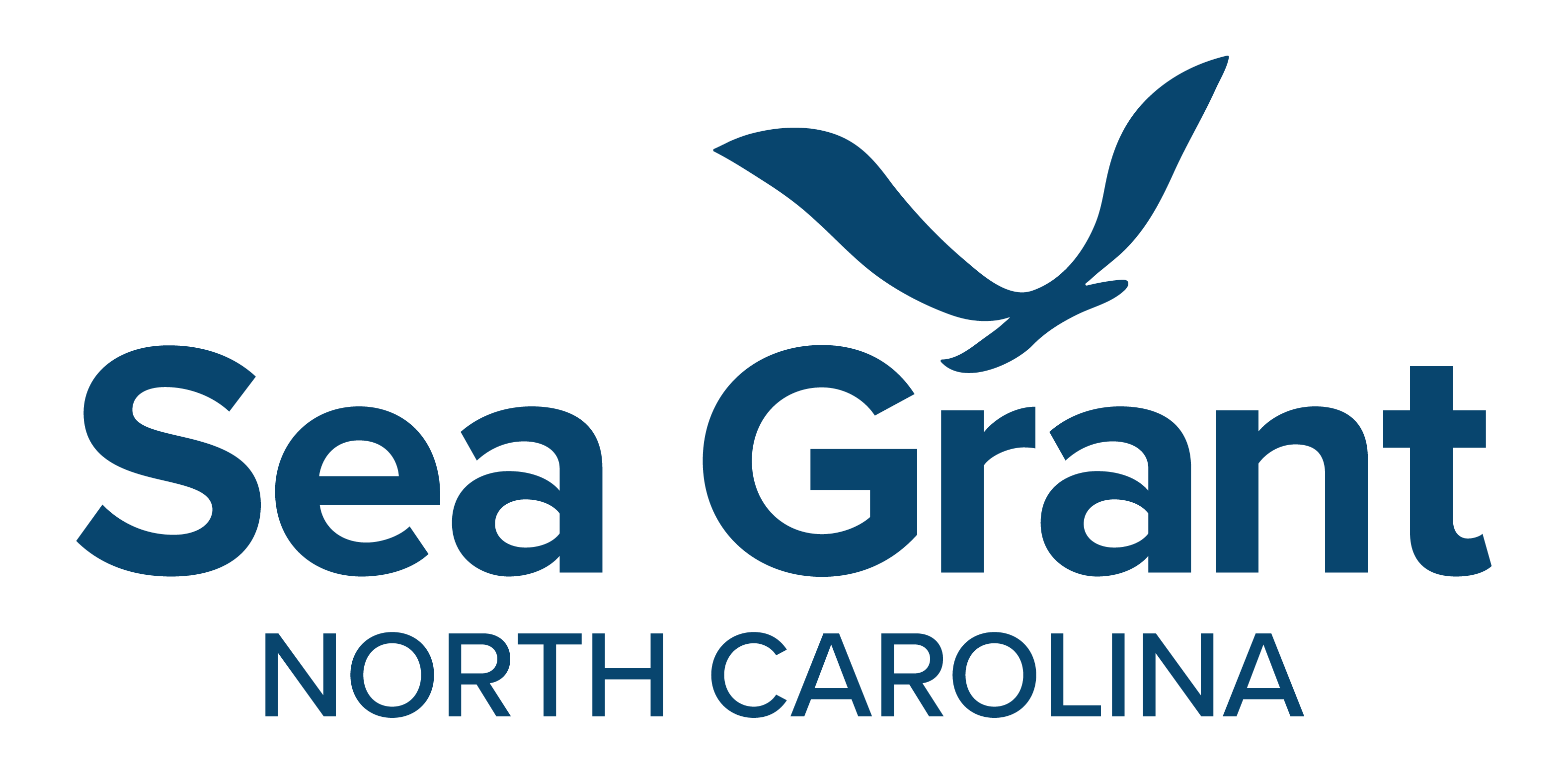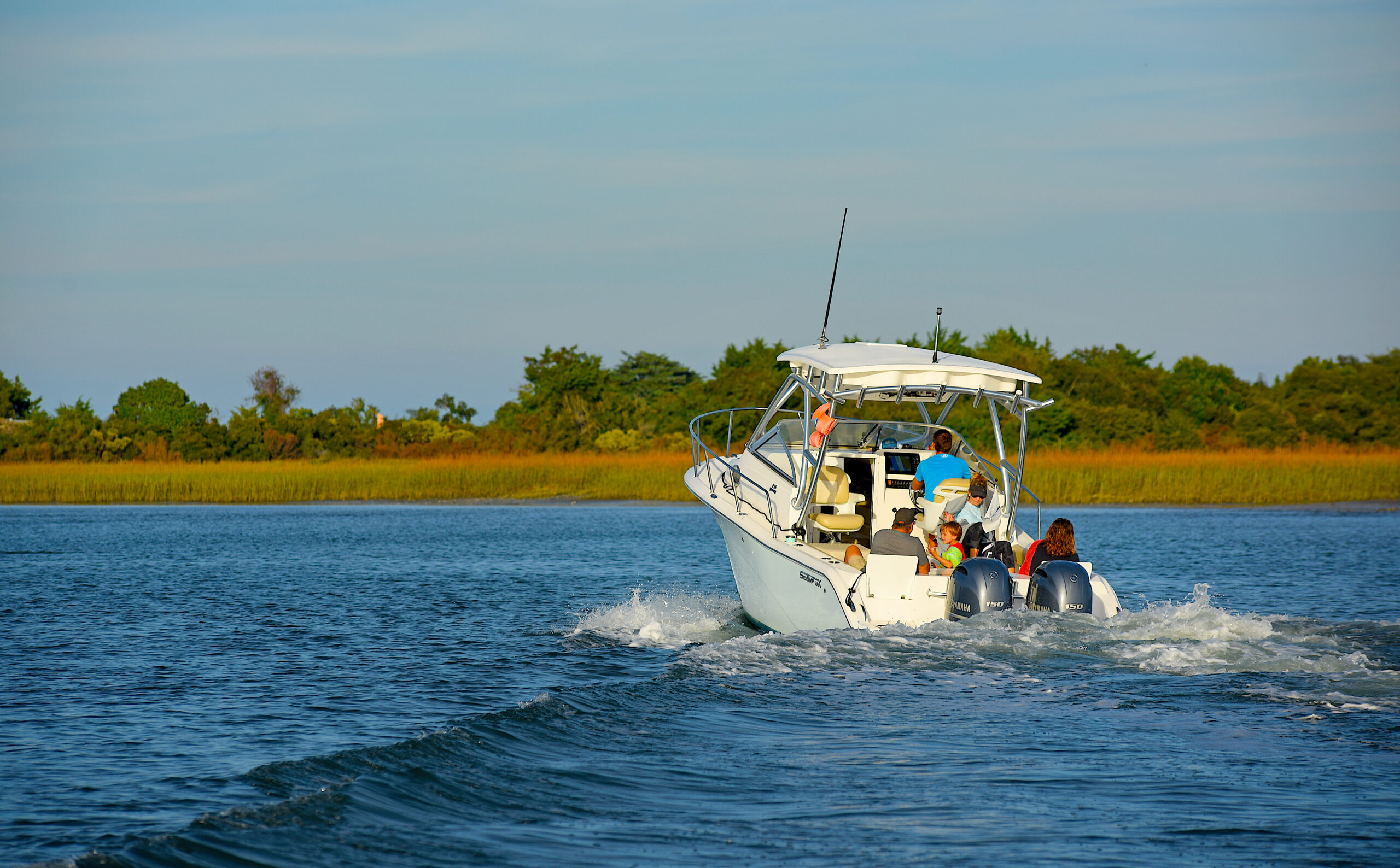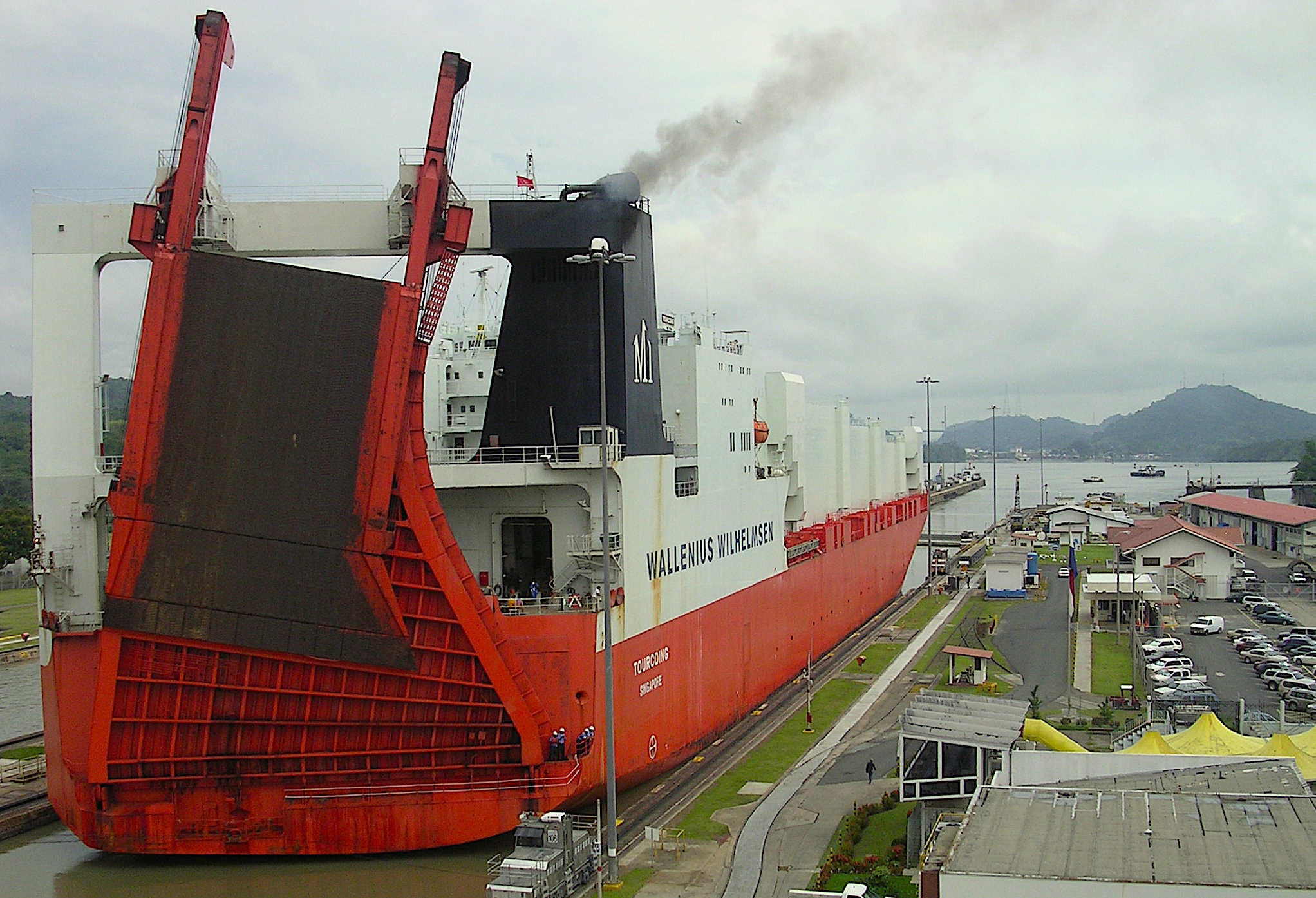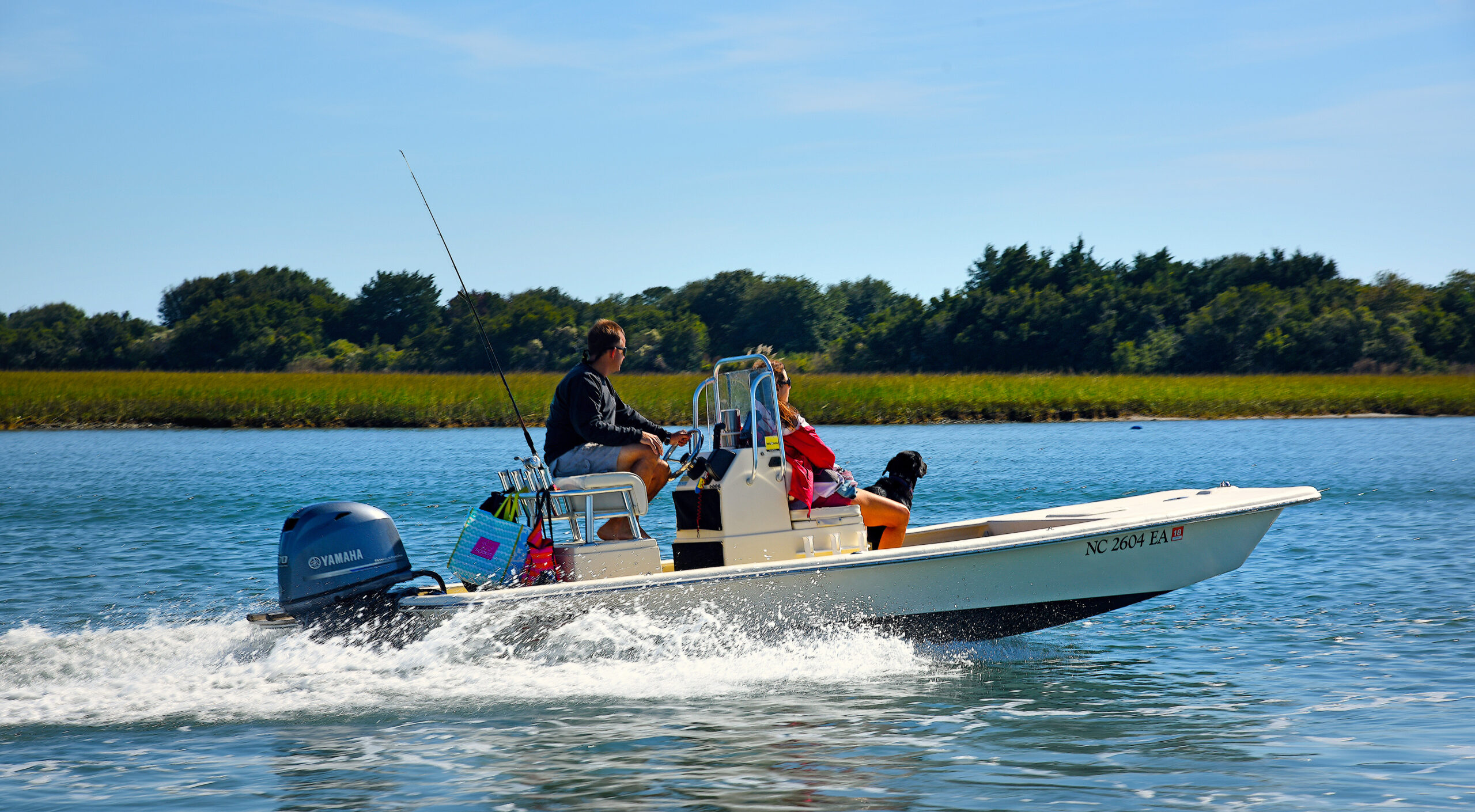What Can Stories Teach Children About Rivers and Oceans?
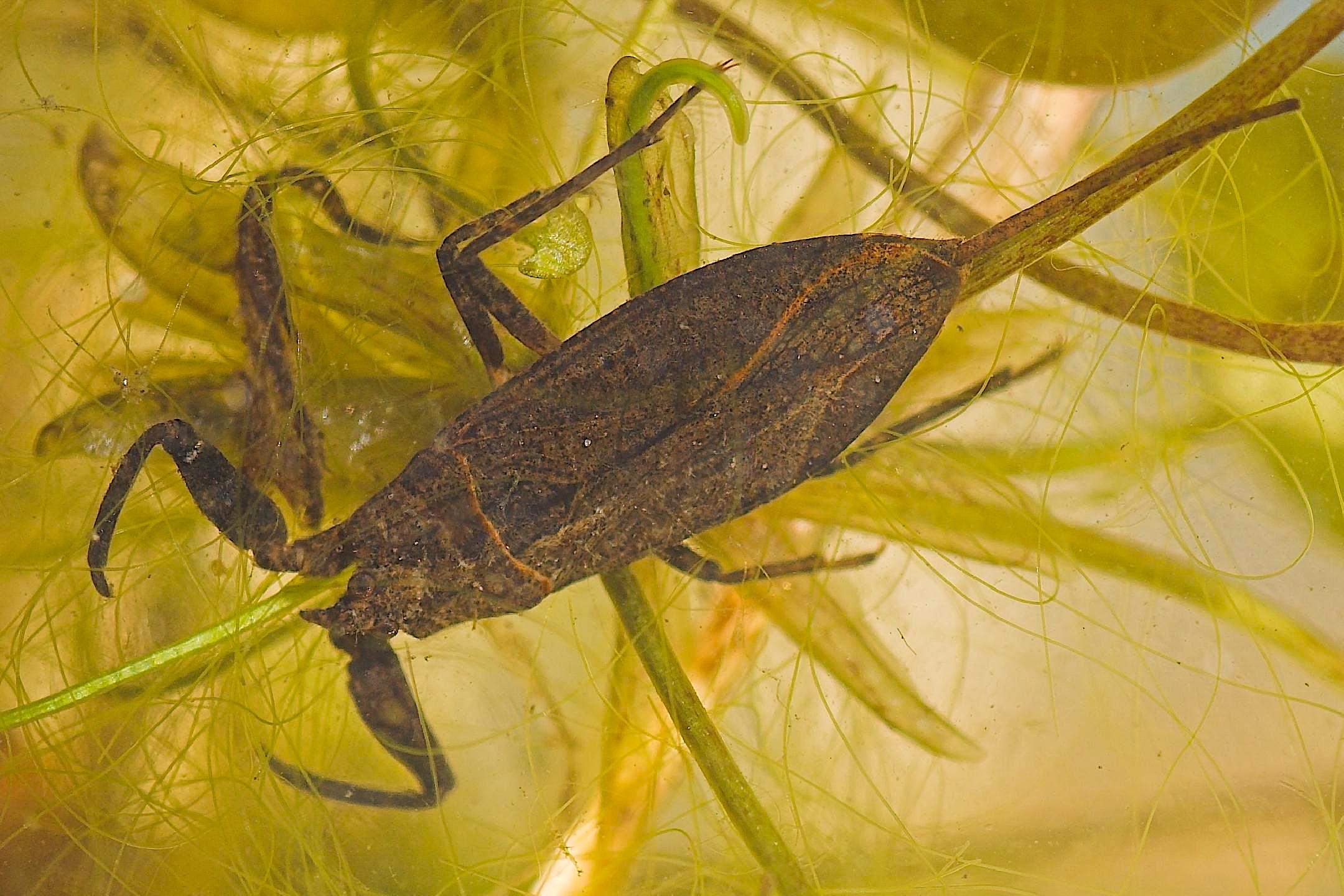
A tale about a water scorpion, a boy, and a dam proves effective in teaching children about protecting the environment.
Research Need
Across the world, marine ecosystems are under increased pressure. From pollution to dams, these pressures ultimately affect ocean-goers, including anglers. Environmental education is critical to raising an informed generation equipped to protect the ocean and marine environment overall.
How can we make environmental education instructive and engaging for young people?
What did they study?
Researchers wrote a children’s book about a boy who meets a charismatic water scorpion while walking along a river. The water scorpion tells the boy about itself and human impacts on the river, like water pollution, sand extraction, and construction of dams and bridges. The boy spreads the word about preserving the river, and ultimately the community builds a fish ladder to mitigate the impact of a dam. The book encourages students to visit a local river and learn more about it.
The research team focused the story on ecological issues in a river basin, one like the 17 river basins in North Carolina. They hoped tailoring the story to a local, relatable context would effectively raise wider awareness, since pollution and changes to inland ecosystems ultimately affect the ocean.
In Portugal, researchers read the book to 176 third and fourth graders (89 girls and 87 boys) in Lisbon, a more urbanized city, and Setúbal, a city with a strong fishing heritage. Students took a short multiple-choice test before and two-and-a-half weeks after the reading to assess the impact of the book on their knowledge of river biodiversity and conservation.
What did they find?
Overall, the book increased students’ knowledge. In particular, students scored higher on questions related to water scorpions, human threats to rivers, and potential solutions. In focus groups, 92% of students reported liking the story. They also said it improved their knowledge on river biodiversity (89%), raised awareness on the need to protect rivers (91%), and helped them understand human impacts on rivers (88%).
Anything else?
Students at private schools scored higher on the post-test than public school students. Contrary to expectations, students from Lisbon scored higher than students from Setúbal. Although Setúbal has a stronger fishing tradition, both cities are in coastal areas and students from Lisbon, a more developed city, have greater access to informal educational activities.
So what?
The results suggest scientifically accurate children’s books can teach students about environmental issues, helping students relate abstract concepts to the real world. Understanding how human modifications to rivers (like building dams) have a wider impact builds awareness about how all ecosystems are connected.
Educators from any region can incorporate storybooks into the classroom as a step toward greater ocean literacy and environmental responsibility in young people.
Reading
Aurélio, L., França, S., Sequeira, V., Boaventura, D., Correia, M. J., Pinto, B., Amoroso, S., João Feio, M., Brito, C., Chainho, P., & Chaves, L. (2021). Tell a story to save a river: Assessing the impact of using a children’s book in the classroom as a tool to promote environmental awareness. Frontiers in Marine Science, 8, 699122. https://doi.org/10.3389/fmars.2021.699122
Lead photo: water scorpion, Germany, by Holger Gröschl / CC BY-SA 2.0 DE.
BY MAYA AFILALO.
The text from Hook, Line & Science is available to reprint and republish, but only in its entirety and with this attribution: Hook, Line & Science, courtesy of Scott Baker and Sara Mirabilio, North Carolina Sea Grant. HookLineScience.com
- Categories:
